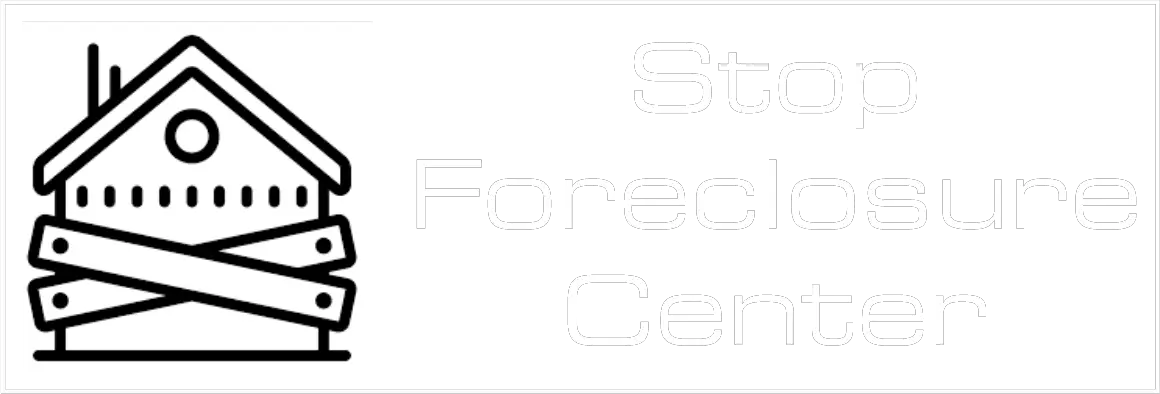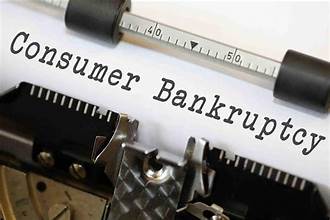If you’re facing the daunting prospect of foreclosure on your home, it’s essential to explore all available options to save your property. One option that can significantly impact the outcome of foreclosure is bankruptcy.
In this comprehensive guide, we’ll delve into the intricacies of how bankruptcy can delay or even prevent foreclosure, providing you with the knowledge and tools needed to make an informed decision about your financial future.
Understanding Foreclosure
Before we dive into the role of bankruptcy, let’s grasp the basics of foreclosure. Foreclosure is a legal process through which a lender repossesses a property due to the borrower’s failure to make mortgage payments. This can be an incredibly distressing experience, as it jeopardizes your home and financial stability.
The Power of the Automatic Stay
Filing for bankruptcy, specifically under Chapter 7 or Chapter 13, triggers an “automatic stay” that can temporarily halt foreclosure proceedings. The automatic stay serves as a legal injunction that prevents creditors from pursuing debt collection activities, including foreclosure. This is a powerful tool in your arsenal to save time and potentially save your home.
Chapter 7 Bankruptcy and Foreclosure
Chapter 7 bankruptcy, often referred to as “liquidation bankruptcy,” is a viable option if you’re willing to surrender some of your assets to discharge your debts. While it doesn’t directly prevent foreclosure in the long term, it can provide a temporary respite through the automatic stay. During this period, you can explore alternative solutions, such as negotiating with your lender or selling the property voluntarily.
Here’s an outline of the major points about Chapter 7 Bankruptcy and Foreclosure:
Chapter 7 Bankruptcy and Foreclosure
I. Introduction
- Brief explanation of the relationship between Chapter 7 bankruptcy and foreclosure.
II. Chapter 7 Bankruptcy Overview
- Explanation of Chapter 7 bankruptcy as a form of “liquidation bankruptcy.”
- Mention that it involves the surrender of some assets to discharge debts.
III. Automatic Stay
- Highlight the power of the automatic stay as a key feature of bankruptcy.
- Describe how the automatic stay temporarily halts foreclosure proceedings.
IV. Temporary Relief
- Emphasize that Chapter 7 bankruptcy provides temporary relief to homeowners facing foreclosure.
- Explain that it creates a window of opportunity to explore alternative solutions.
V. Alternatives
- Discuss options available during the automatic stay, such as negotiation with the lender or voluntary property sale.
VI. Conclusion
- Summarize the main points about Chapter 7 bankruptcy’s role in delaying foreclosure.
- Stress the need for homeowners to seek legal counsel and make informed decisions when considering this option.
Chapter 13 Bankruptcy: A Lifeline for Homeowners
If you wish to retain your home and catch up on missed mortgage payments, Chapter 13 bankruptcy may be your best bet. This form of bankruptcy allows you to create a manageable repayment plan spanning three to five years. By adhering to this plan and making consistent payments, you can prevent foreclosure and regain control of your finances.
Here’s an outline of the major points about Chapter 13 Bankruptcy and Foreclosure:
Chapter 13 Bankruptcy and Foreclosure
I. Introduction
- Briefly introduce the concept of Chapter 13 bankruptcy and its relation to foreclosure.
II. Chapter 13 Bankruptcy Overview
- Explain that Chapter 13 bankruptcy is often called a “reorganization bankruptcy.”
- Mention that it allows debtors to create a manageable repayment plan.
III. Automatic Stay in Chapter 13
- Describe how Chapter 13 bankruptcy also triggers the automatic stay.
- Highlight its role in temporarily stopping foreclosure proceedings.
IV. Retaining the Home
- Emphasize that Chapter 13 bankruptcy is a lifeline for homeowners who want to keep their homes.
- Explain that it allows them to catch up on missed mortgage payments.
V. Mortgage Arrearage Cramdown
- Discuss the significant advantage of the mortgage arrearage “cramdown.”
- Explain how it can reduce the amount owed on the mortgage to the current market value of the home.
VI. Structured Repayment Plan
- Describe the structured repayment plan under Chapter 13.
- Mention that it typically spans three to five years.
VII. Long-Term Financial Stability
- Highlight that Chapter 13 bankruptcy offers a path to regain financial stability while keeping the home.
- Mention the importance of making consistent payments during the repayment plan.
VIII. Credit Score Impact
- Address the impact of Chapter 13 bankruptcy on credit scores.
- Explain that it remains on the credit report but can be rebuilt over time.
IX. Conclusion
- Summarize the key points regarding how Chapter 13 bankruptcy can prevent foreclosure and provide a structured path to retain the home.
- Encourage homeowners to seek legal advice to make informed decisions about this option.
The Mortgage Arrearage Cramdown
One of the most powerful features of Chapter 13 bankruptcy is the mortgage arrearage “cramdown.” This provision enables you to reduce the amount you owe on your mortgage to the current market value of your home, making it more affordable and feasible to keep your property.
The Importance of Legal Counsel
Navigating bankruptcy and foreclosure proceedings can be complex and fraught with legal intricacies. It’s highly advisable to consult with an experienced bankruptcy attorney who can guide you through the process, ensuring that you make the most informed decisions for your unique situation.
The Impact on Credit Score
While bankruptcy can provide a lifeline to avoid foreclosure, it does have a significant impact on your credit score. A bankruptcy filing will remain on your credit report for several years, making it challenging to obtain new credit. However, with time and responsible financial management, you can rebuild your credit score.
The Emotional Toll
It’s essential to recognize that bankruptcy and the looming threat of foreclosure can take a toll on your emotional well-being. The stress and anxiety associated with these situations are entirely understandable, but seeking support from friends, family, or a therapist can help you navigate the emotional challenges.
Conclusion
In conclusion, bankruptcy can be a powerful tool to delay or even prevent foreclosure. Chapter 7 provides temporary relief through the automatic stay, while Chapter 13 offers a structured path to catch up on missed mortgage payments and keep your home. However, it’s crucial to approach these options with caution and seek professional advice to make informed decisions. So weigh your options carefully and take steps to rebuild your financial stability post-bankruptcy.

